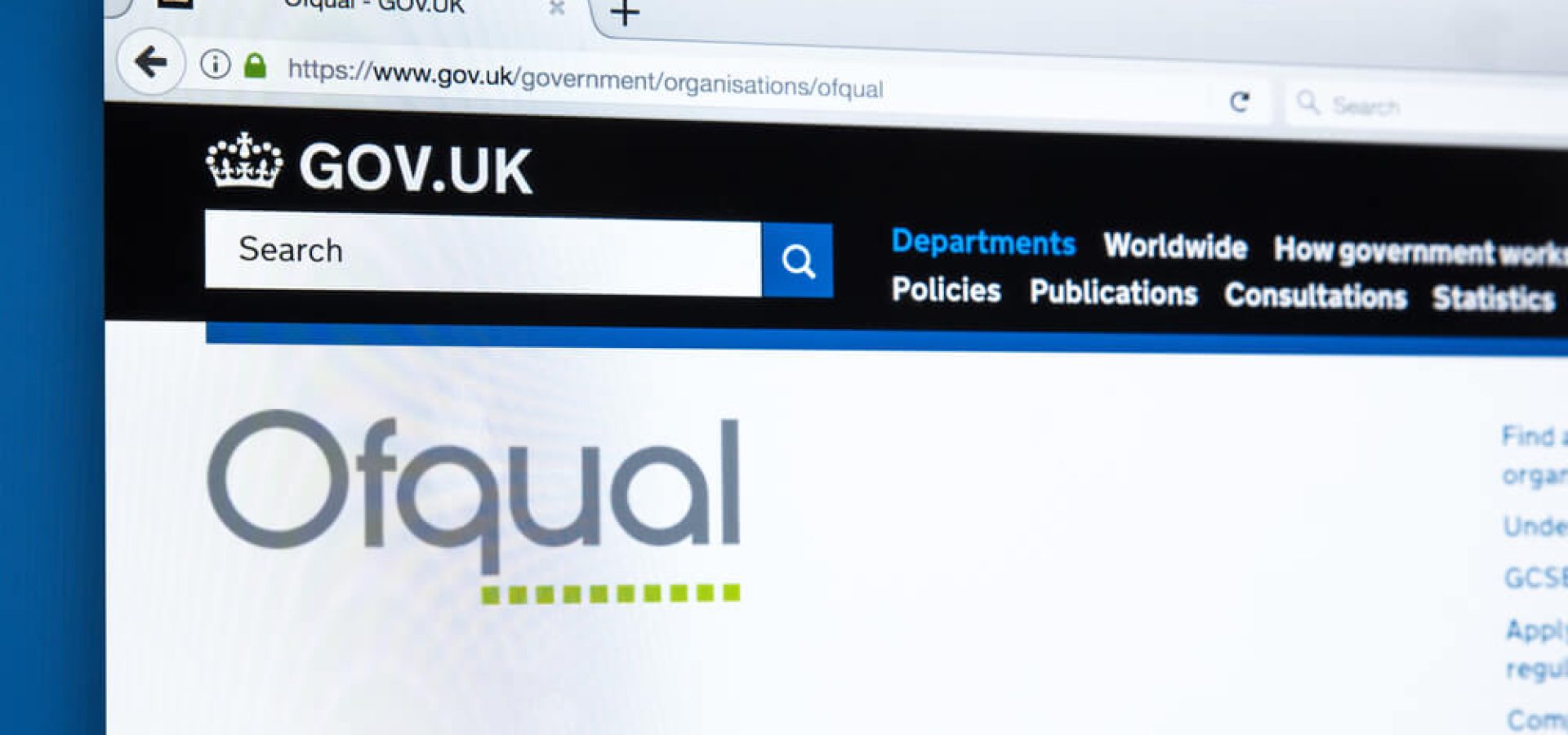Students in the UK (England and Wales) will no longer receive exam results based on a controversial algorithm. This was after accusations that the system had a bias against students from poorer backgrounds, said reports.
The announcement came after a weekend of demonstrations. Student protesters were chanting “fuck the algorithm” outside the country’s Department for Education.
Students will receive grades based on their teachers’ estimates instead. This was after they did cancel formal exams due to the pandemic.
The announcement follows a similar U-turn in Scotland, where administrators downgraded 125,000 results.
In the UK, the set of exams taken by students around the age of 18 are the A-levels exams. They’re the final exams students take before university, which creates a huge impact on which institution students attend.
Universities make offers that are based on students’ predicted A-level grades. A student usually will have to achieve certain grades to secure their place.
With that, it’s a stressful time of year for students. That’s even before the country’s exam regulator used a controversial algorithm to estimate their grades.
The Algorithm’s Grading System
The county’s Office of Qualifications and Examinations Regulation (Ofqual) relied primarily on two pieces of information to calculate grades. These are the ranking of students within a school and their school’s historical performance.
They have designed a system to generate what are, on a national level, broadly similar results to previous years. Overall, that’s what the algorithm accomplished.
Compared to previous years, the overall results are up, but only slightly. The students achieving an A* to C based on the algorithm’s grading rose by 2.4% compared to last year’s.
It also led to administrators lowering thousands of grades from teachers’ estimations. 35.6% of grades were adjusted down by a single grade, while 3.3% went down by two grades. Moreover, 0.2% went down by three.
This means a total of almost 40% of results were downgraded. It’s life-changing news for students who needed to achieve their grade predictions. These are grades they need to secure their place at their university of choice.
Worse still, fee-paying private schools (also known as “independent schools”) disproportionately benefited from the algorithm used, data showed. Compared to last year, these schools saw the amount of grades A and above increase by 4.7%.
Meanwhile, state-funded “comprehensive” schools saw an increase of 2%.

Biased Algorithm Results Cause Anger
There are various factors that seem to have biased the algorithm. One theory is that Ofqual’s approach varied depending on how many students took a given subject. This was one theory that FFT Education Datalab put forward.
This seems to have led to fewer grades getting degraded at independent schools that enter fewer students per subject. What it considers a “shockingly unfair” system was happy to boost the number of “U” grades (aka, fails).
Also, they rounded down the amount of A* grades. One university lecturer pointed out other failings in the regulator’s approach.
Fundamentally, the algorithm placed so much importance on a school’s historical performance. Therefore, it was always going to cause more problems for high-performing students at underperforming schools.
That’s where the individual’s work would be lost in the statistics. Meanwhile, average students at better schools seem to have been treated with more leniency.
The results have caused so much anger. One reason is that this outcome reflects what many see as the wider biases of the UK’s education system.
The decision to ignore the algorithmically determined grades will be welcome news to many. However, even using teachers’ predictions comes with its own problems.
Some studies showed that such predictions can suffer from racial biases of their own. One study from 2009 found that Pakistani pupils were lower predictions (62.9%) in comparison to their white counterparts. And that was in one set of English exams.










COMMENTS